Mark Zuckerberg has acknowledged that Facebook was wrong to censor COVID-19 content under pressure from the Biden administration, marking a significant shift in the platform’s approach to controversial topics.
This admission includes the reversal of the company’s stance on the lab leak theory and the decision to suppress the Hunter Biden laptop story ahead of the 2020 election. These revelations highlight the deepening concerns about political influence over social media and the integrity of online information.
Zuckerberg Admits Mistake in COVID Censorship
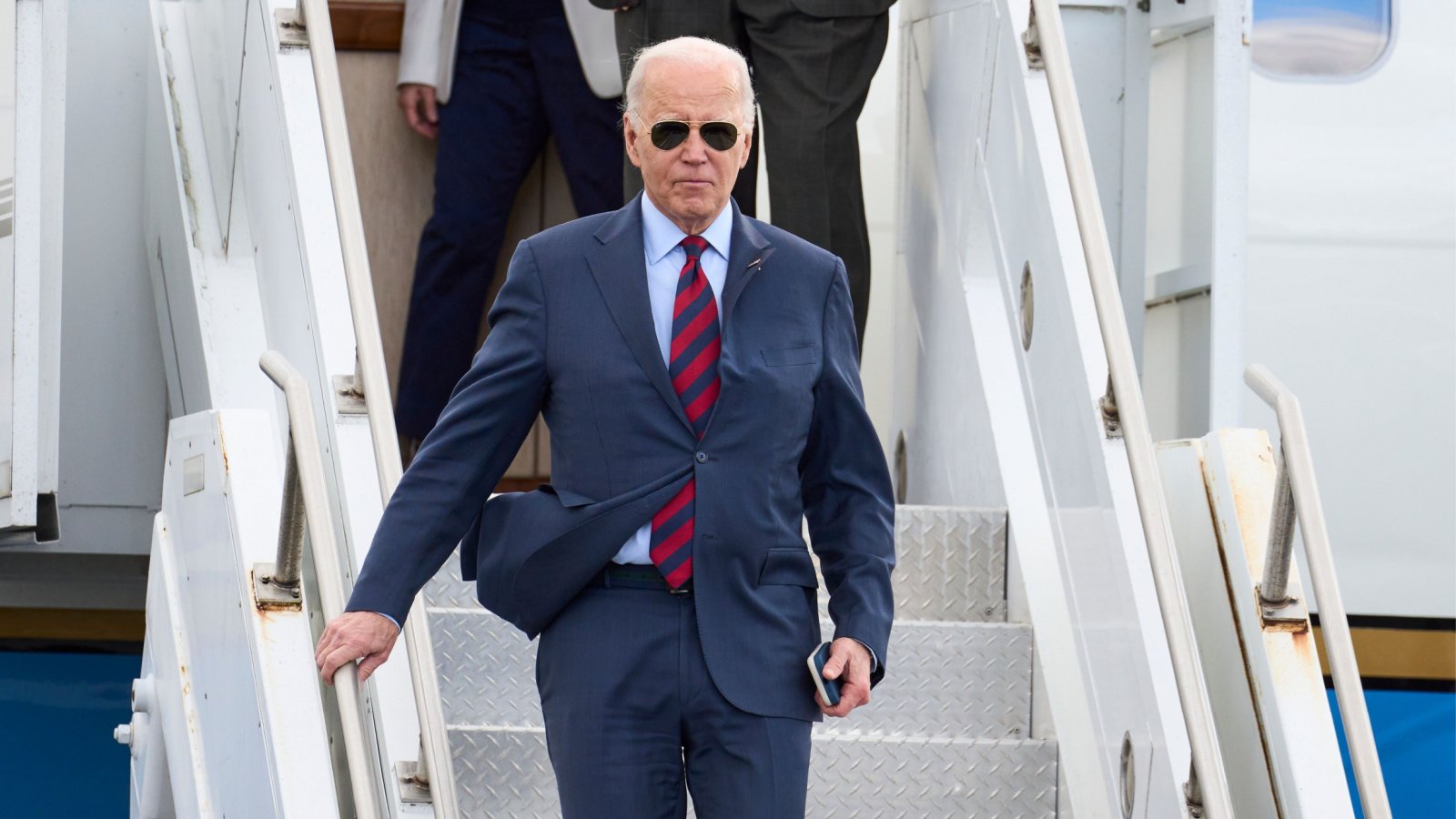
Mark Zuckerberg has conceded that the Biden administration was wrong to pressure Facebook into censoring what it labeled as “COVID misinformation” during the pandemic. The Meta CEO revealed this stance in a letter to House Judiciary Committee Chair Jim Jordan, signaling a commitment to resist any future censorship attempts.
Facebook’s Past Actions Under Scrutiny
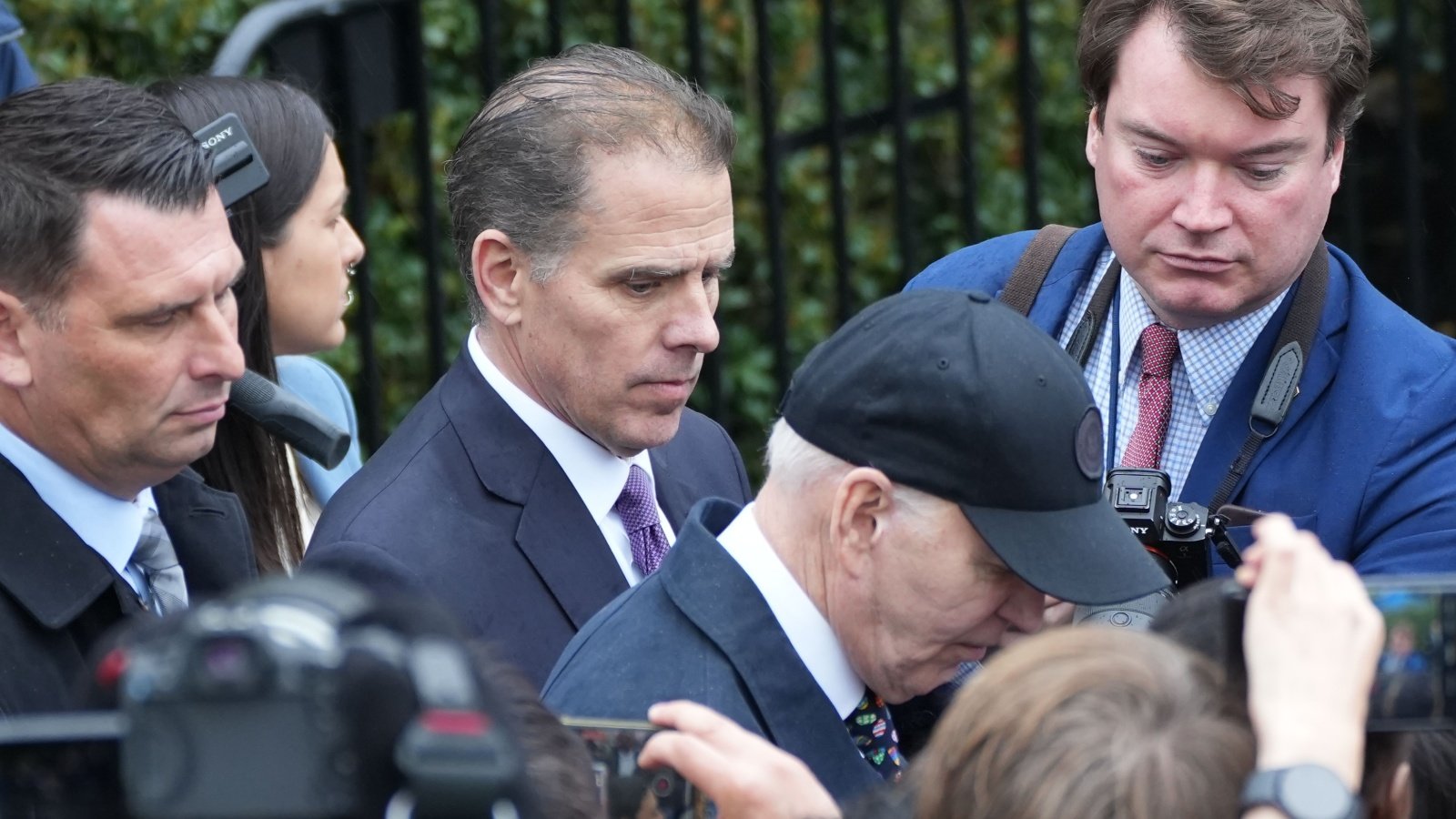
Zuckerberg acknowledged that Facebook had “demoted” stories related to Hunter Biden’s laptop during the 2020 election. He emphasized that the company faced repeated pressure from the White House to suppress certain COVID-19 content, including humor and satire, but vowed to uphold content standards moving forward.
Meta’s Response to Government Pressure
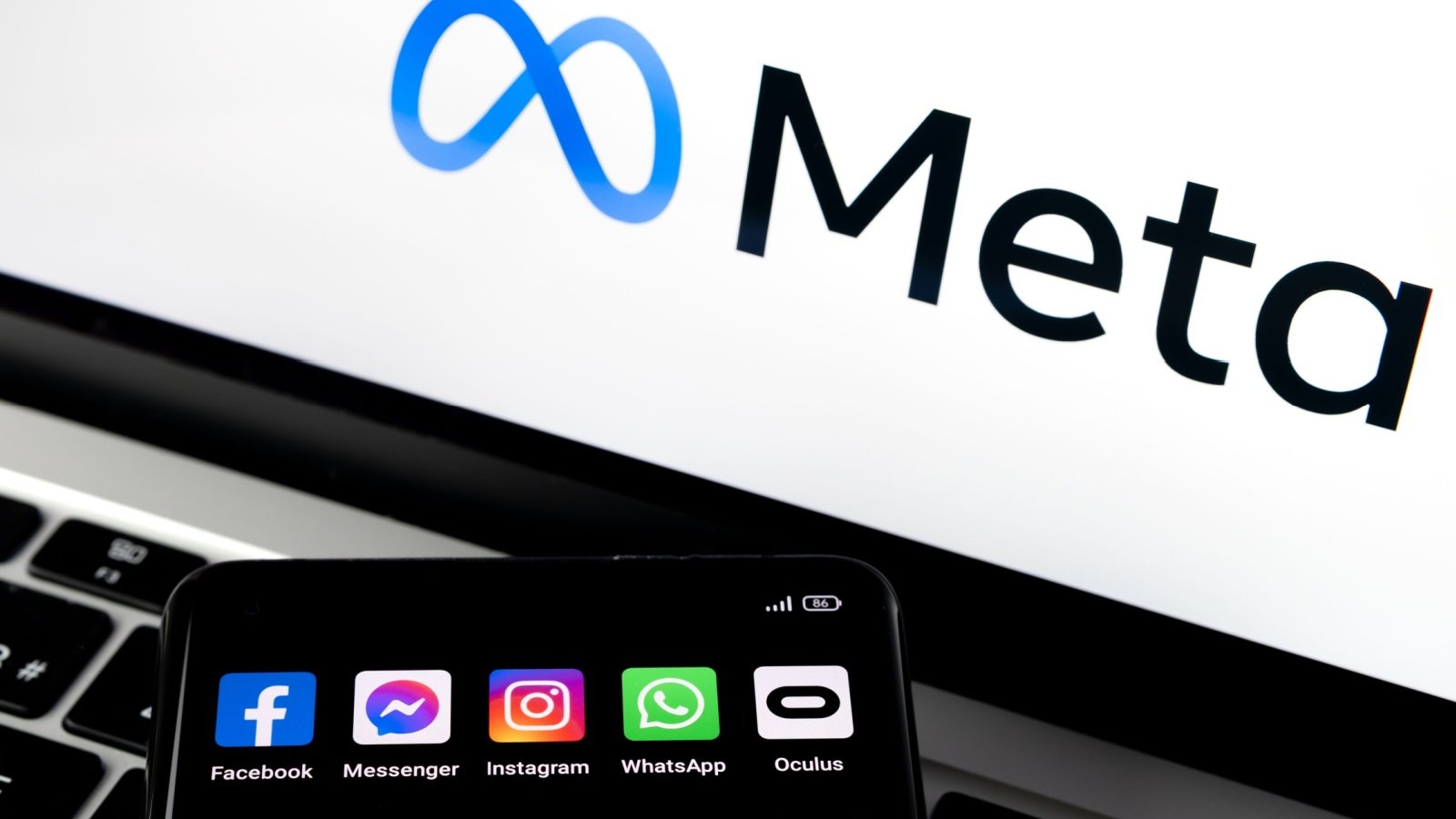
The Meta CEO expressed a strong stance against compromising the platform’s content standards due to government pressure. He assured that Meta is prepared to push back if similar situations arise again, stressing the importance of maintaining independent decision-making.
Zuckerberg Distances Meta from Election Funding Controversy
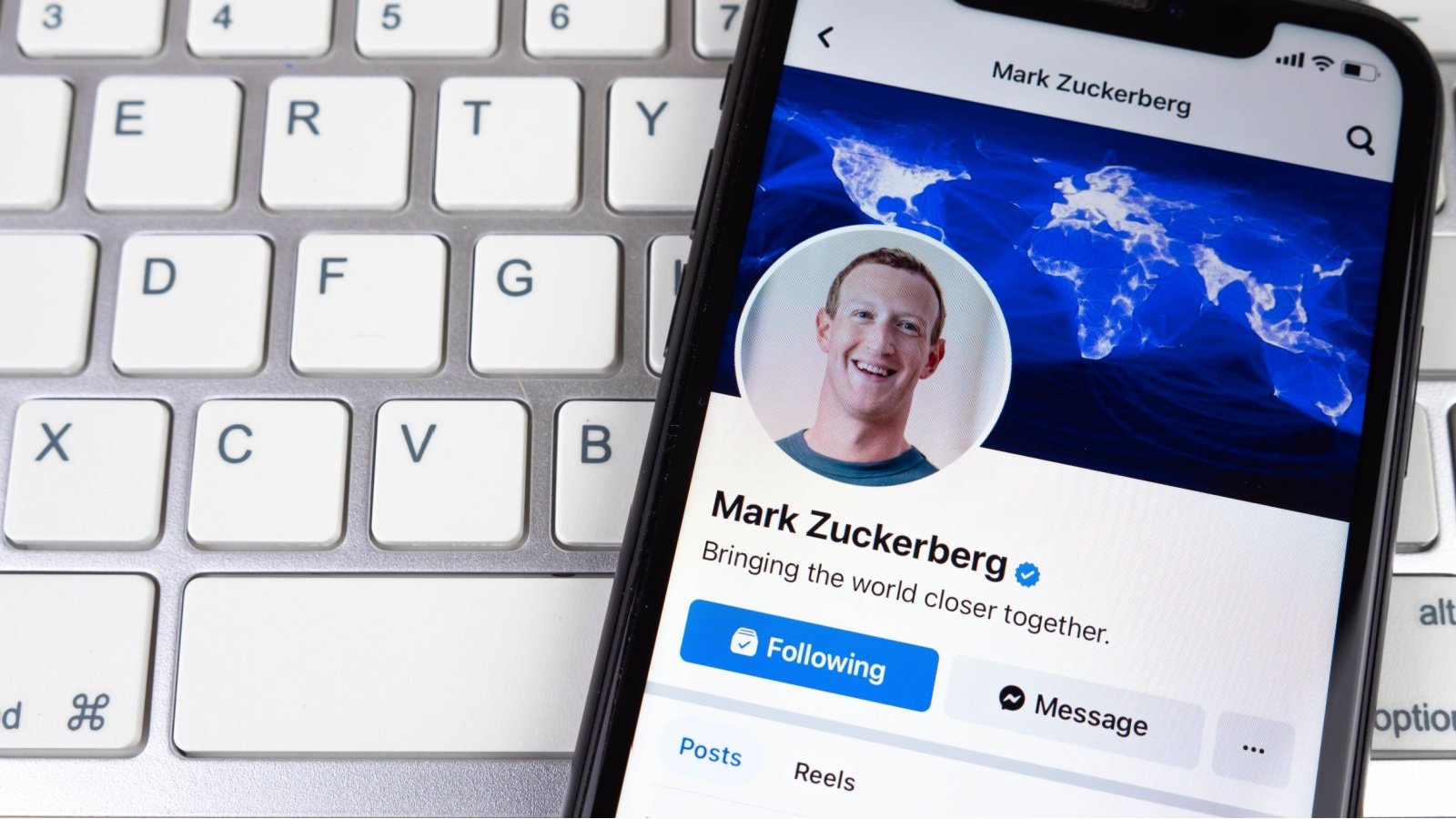
In the same letter, Zuckerberg clarified that Meta would not repeat its 2020 actions of funding nonprofits to support local election efforts. This practice, criticized by Republicans as “Zuckerbucks,” was seen as favoring liberal causes, especially in Democrat-heavy areas.
Funding of 2020 Elections Sparks Debate

Zuckerberg and his wife Priscilla Chan contributed nearly $420 million to nonprofits involved in the administration of the 2020 election. These funds, which heavily favored Democrat counties, have been a point of contention, particularly regarding their impact on voting practices like mail-in ballots.
Perception of Bias Addressed
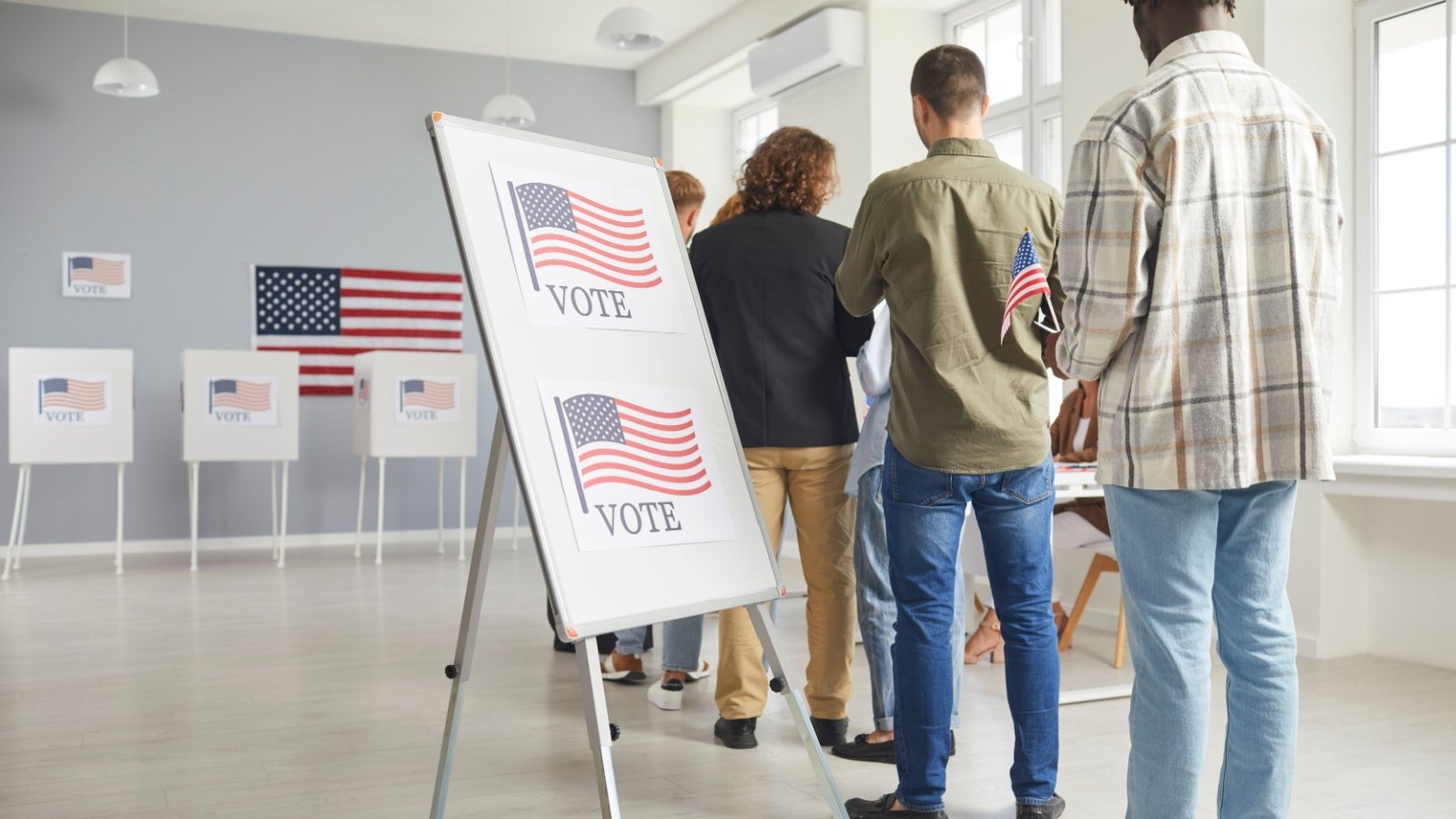
Zuckerberg acknowledged the widespread perception of bias stemming from the distribution of these funds. He promised not to engage in similar activities in future elections, signaling a shift in how Meta will handle such matters moving forward.
Facebook Reverses Stance on COVID-19 Origins
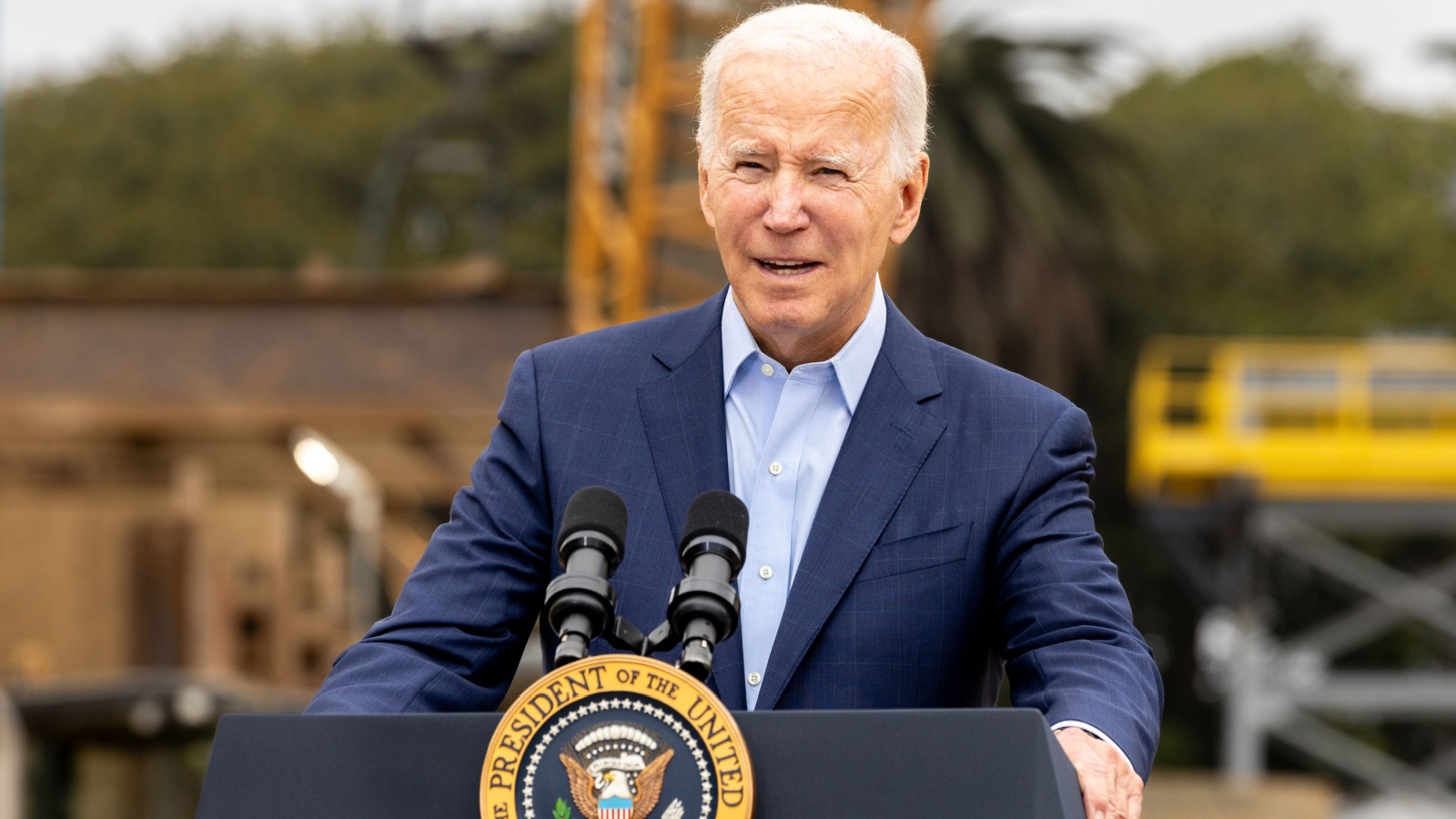
Facebook has lifted its ban on suggesting that COVID-19 was man-made, following President Biden’s directive for intelligence agencies to investigate the virus’s origins. The reversal comes after a period of intense scrutiny and a shift in public discourse regarding the lab leak theory.
Facebook’s Initial Crackdown on Misinformation

In April 2020, Facebook announced measures to limit what it deemed “harmful misinformation” about COVID-19, including claims supporting the lab leak theory. However, within a year, the company reversed this decision as the theory gained more attention.
Hunter Biden Laptop Controversy Acknowledged
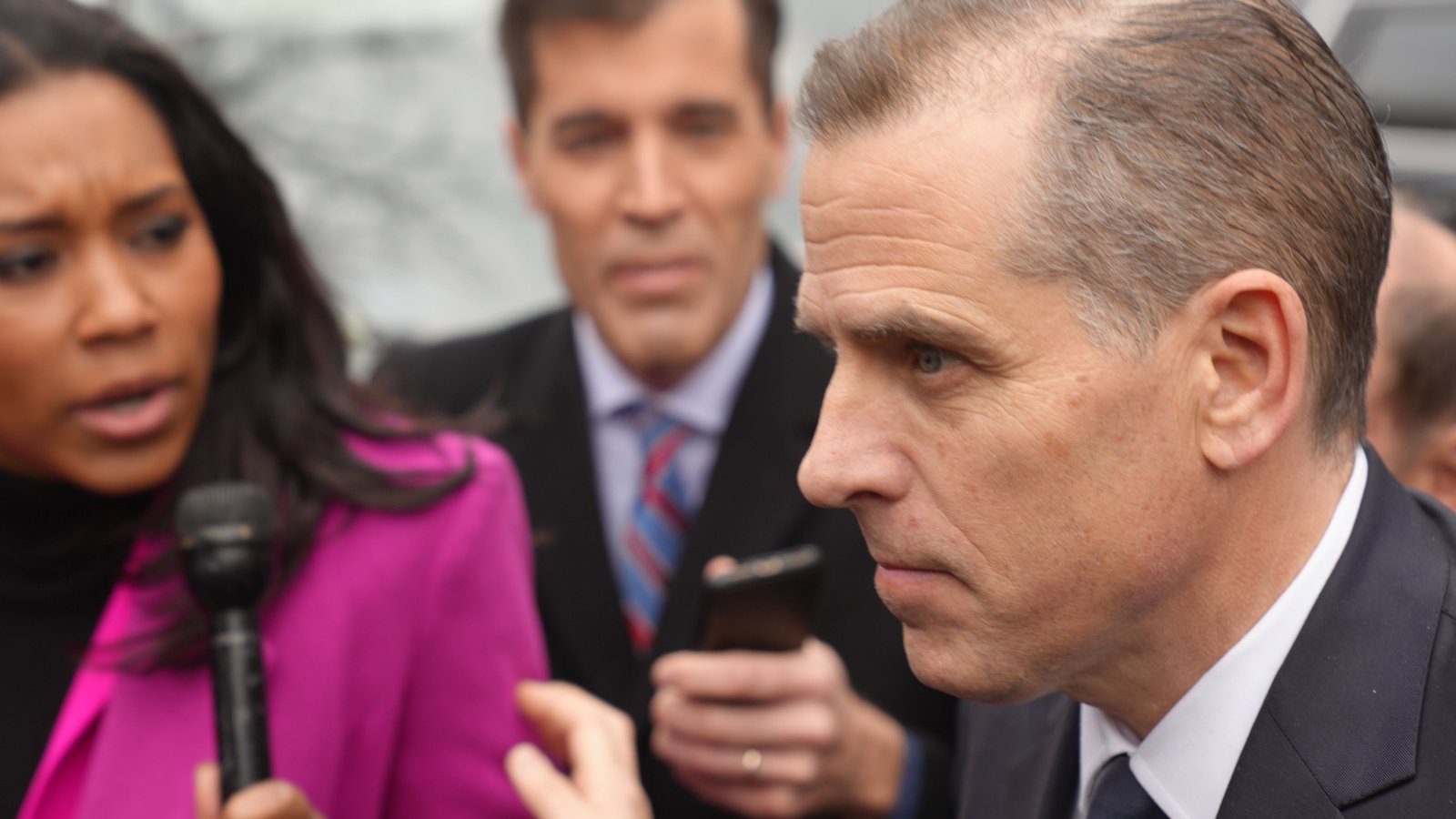
Zuckerberg admitted that Facebook “shouldn’t have demoted” the Hunter Biden laptop story ahead of the 2020 election. The story, initially dismissed by some as Russian disinformation, has since been validated and used as evidence in legal proceedings.
Facebook Expands Censorship in 2021
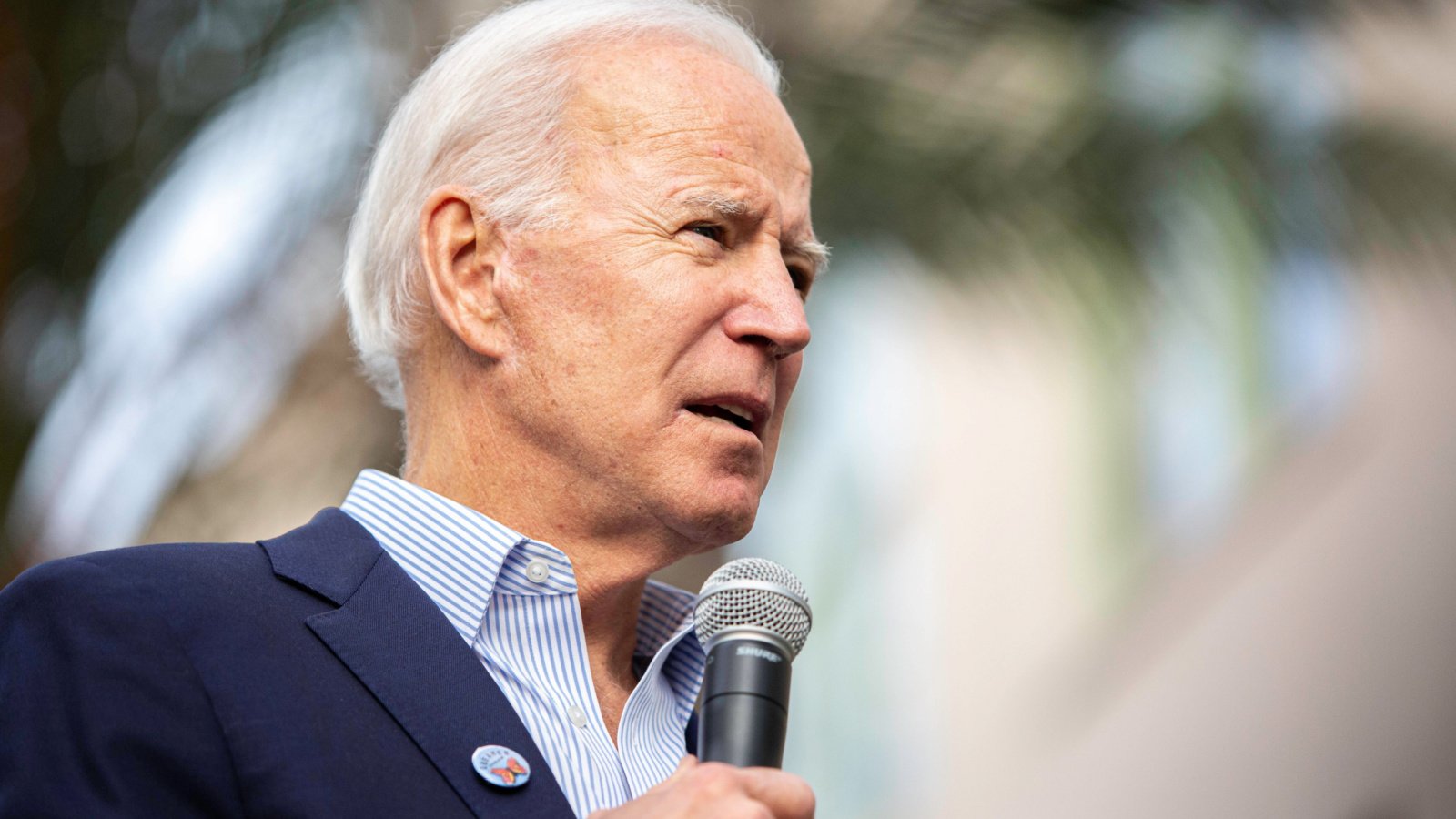
By February 2021, Facebook expanded its crackdown to include claims that COVID-19 was man-made, further tightening its content policies. The social network’s stance shifted again as President Biden urged a renewed investigation into the virus’s origins.
Shifting Perspectives on COVID-19’s Origin

In 2020, the Trump administration’s claims that the coronavirus might have originated in a Wuhan lab were met with skepticism by mainstream media. However, new reports of a potential cover-up have led to a re-examination of the issue.
Facebook’s Handling of Misinformation Exposed

In October 2021, it was revealed that Facebook had extensive knowledge of misinformation about COVID-19 on its platform but did little to combat it. Whistleblower Frances Haugen provided documents showing how the company’s internal discussions highlighted these issues.
Internal Debates on Vaccine Misinformation

Facebook’s internal discussions, revealed through whistleblower disclosures, showed that employees were aware of the spread of misinformation about vaccines on the platform. Despite suggestions from rank-and-file employees, the company struggled to implement effective solutions.



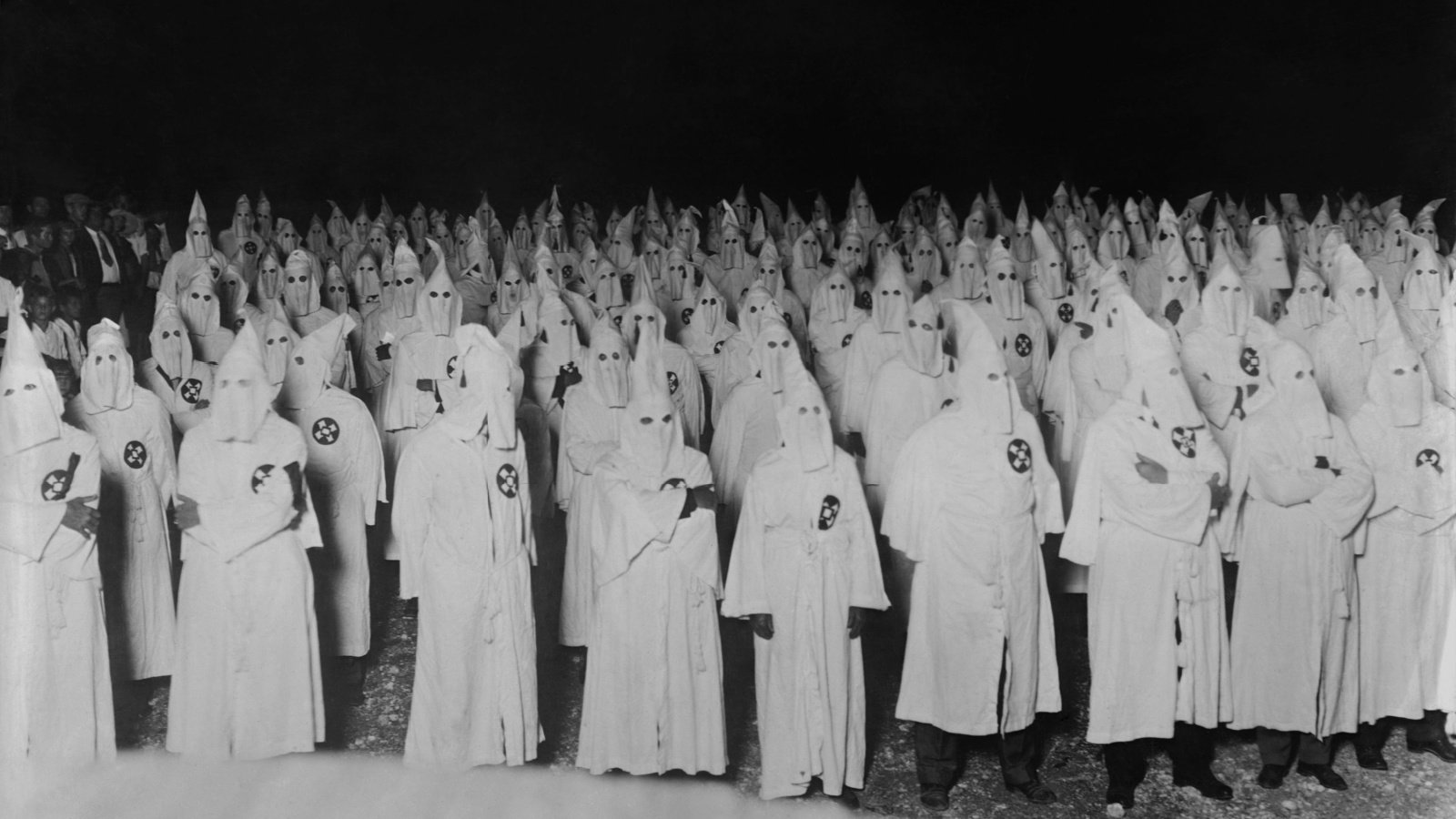




This blog is definitely rather handy since I’m at the moment creating an internet floral website – although I am only starting out therefore it’s really fairly small, nothing like this site. Can link to a few of the posts here as they are quite. Thanks much. Zoey Olsen